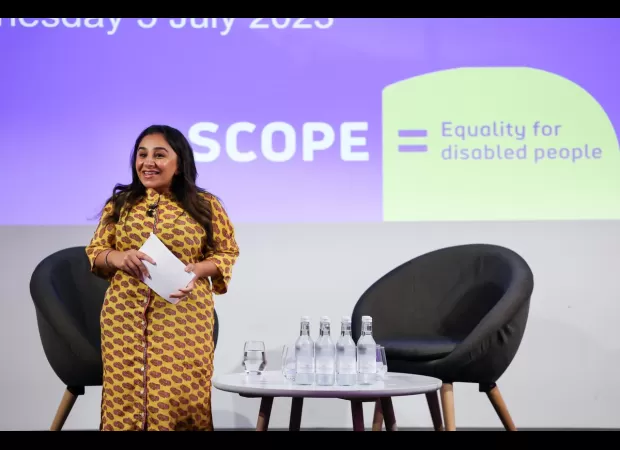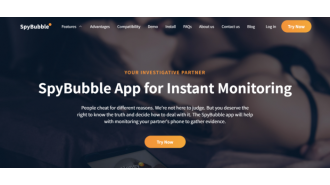I am passionate about promoting disability awareness, but that does not mean I will work for free.
Many diversity and inclusion-focused companies are requesting exclusivity, which is ironic.

When I attend events, I always make sure to focus on practical strategies for promoting disability inclusion and accessibility. As someone who hosts and speaks at these events, I was thrilled when the organizer of a conference offered to be my personal chauffeur from London to Birmingham. It seemed like the perfect deal. However, there was a twist - this offer came after I declined to speak for free. To say I was surprised would be an understatement. As an expert keynote speaker, I am compensated for my time, not just miles traveled. And I am tired of constantly receiving requests to speak for free.
Politely, I declined the invitation for the second time. Unfortunately, I never received a response. Becoming a keynote speaker was not initially part of my career plans. However, after receiving an overwhelming response to my work in promoting accessibility and disability inclusion, and numerous requests to speak, I quickly developed a passion for it. Connecting with diverse audiences and motivating them to foster inclusivity and accessibility has become my purpose and a true privilege. I have had the opportunity to share speaking platforms with notable figures such as Michelle Obama and Hilary Clinton, and have spoken at over 300 events.
My speeches always revolve around implementing practical strategies for promoting disability inclusion and accessibility, with a focus on improving the experiences of disabled customers and employees within businesses and brands. Saying yes to a speaking engagement is not just a one-time commitment. It involves mentally preparing for a physical and emotional rollercoaster that starts before the event and doesn't end until after it's done. Unfortunately, disabled individuals are almost twice as likely to be unemployed compared to their non-disabled counterparts. Yet, I constantly receive requests to work for free, with the common response being "it will only be an hour." However, these requests overlook the behind-the-scenes work, such as emails, briefs, meetings, tech checks, and rehearsals, that all add up. A one-hour event can easily turn into a 5-6 hour commitment for me.
In addition, accessible travel options to these speaking engagements are often limited. With only a third of London's Tube stations being step-free, I often rely on taxis, which can result in getting stuck in hours of traffic. Beyond all of this, sharing personal experiences, whether uplifting or challenging, involves reopening old wounds and confronting ongoing healing processes. As I receive constant requests to work for free, I can't help but note the irony. Disabled individuals are almost twice as likely to be unemployed and nearly half of the millions of people living in poverty in the UK are affected by a disability. Furthermore, the disability pay gap is estimated to be so large that disabled individuals effectively work for free for 54 days a year. Expecting us to work for free not only does a disservice to us personally, but it also adds to the already unequal treatment our community faces on a daily basis.
It feels as though organizations requesting our time for free are effectively saying, "Your expertise, experiences, and time are not worth compensating. We'll take your insights, but we won't give anything in return." Ironically, these requests often come from companies that claim to champion diversity and inclusion. What annoys me the most is when I mention a fee, people seem genuinely surprised, saying things like, "I thought you would do it for free to raise awareness?" The assumption is that disabled individuals like me are just grateful and won't assert ourselves. It shouldn't be uncomfortable or offensive to ask for fair compensation for my time, even though it can be exhausting. Too often, companies believe they are doing me a favor, when in reality, I am doing them a favor.
Have you ever been asked to work for free? Share your thoughts in the comments below. We offer a unique experience, and our stories have the power to deeply impact and motivate employees in ways that products simply can't. Most recently, after my keynote address at the Royal College of Nurses Congress, I was "mobbed" in a nice way by the audience of nursing staff. They expressed how deeply my talk had resonated with them and shared how much they had learned, and best of all, how it would positively influence their professional practice. On the other hand, I have lost count of how many disabled individuals have reached out to me, asking what they should charge or how to navigate difficult conversations like the one I had with the company who offered to drive me. I wanted disabled individuals to feel empowered, to know their value, and to insist on fair compensation.
Generally, organizations pay varying amounts for speakers, depending on factors such as the industry, sector, and the speaker's profile. These fees can range anywhere from three to five figures. That's why I created Fair Dues, a shared document where people can anonymously share their experiences, what they have been paid, or what work they have rejected and why. It is designed to empower disabled individuals by making pay rates clear and fair, and I hope it will be the catalyst for much-needed transformation.
When organizations request disabled speakers to give their services for no pay, they are making a conscious choice. So as these requests continue to fill my inbox, I now answer their questions with a simple one of my own - would you work for free? Do you have a story you would like to share? Share your views in the comments below.
12 Views






